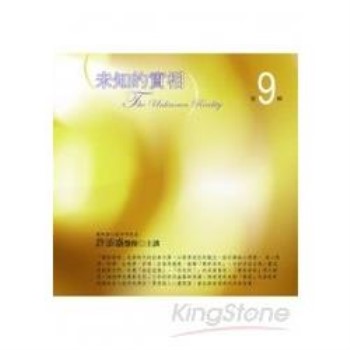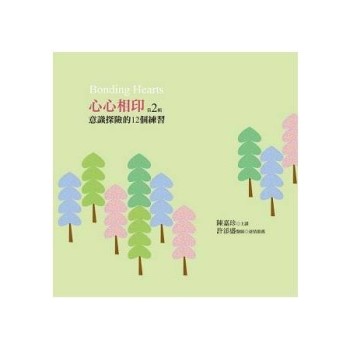Most volcanic hazards only affect areas within a few kilometers of a volcano. Volcanic ash, however, can affect regions thousands of kilometers from its source. This means that the whole of the DRC could be affected by ash from distant volcanic eruptions, notably the eruptions of the Virunga chain. Unlike the fine ash produced by burning wood, volcanic ash is hard, abrasive, slightly corrosive, electrically charged and does not dissolve in water.Volcanic ash poses a serious threat to aircraft, as it can abrade their surfaces, it can contaminate openings and it can be sucked up and melted by jet engines, causing severe damage. On or near the ground, volcanic ash can reduce visibility, make surfaces slippery, cause roofs to collapse, damage crops and wild plants, clog ventilation systems, corrode metal, contaminate water supplies, irritate or damage eyes, and pose a risk to people with respiratory problems. What can you do about it?
| FindBook |
有 1 項符合
Educating the public about the harmful effects of volcanic ash的圖書 |
 |
Educating the public about the harmful effects of volcanic ash 作者:Sekimonyo Shamavu 出版社:Our Knowledge Publishing 出版日期:2024-07-31 語言:英文 規格:平裝 / 64頁 / 22.86 x 15.24 x 0.38 cm / 普通級/ 初版 |
| 圖書館借閱 |
| 國家圖書館 | 全國圖書書目資訊網 | 國立公共資訊圖書館 | 電子書服務平台 | MetaCat 跨館整合查詢 |
| 臺北市立圖書館 | 新北市立圖書館 | 基隆市公共圖書館 | 桃園市立圖書館 | 新竹縣公共圖書館 |
| 苗栗縣立圖書館 | 臺中市立圖書館 | 彰化縣公共圖書館 | 南投縣文化局 | 雲林縣公共圖書館 |
| 嘉義縣圖書館 | 臺南市立圖書館 | 高雄市立圖書館 | 屏東縣公共圖書館 | 宜蘭縣公共圖書館 |
| 花蓮縣文化局 | 臺東縣文化處 |
|
|
圖書介紹 - 資料來源:博客來 評分:
圖書名稱:Educating the public about the harmful effects of volcanic ash
|











